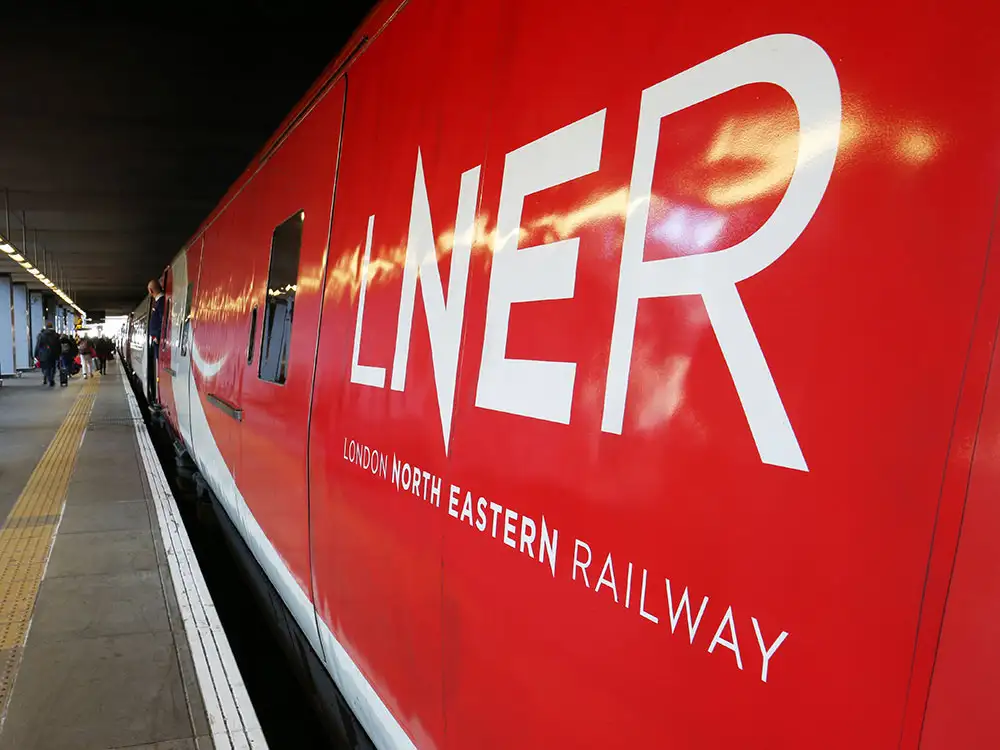A series of weekend strikes by train drivers on LNER have been called off.
Members of Aslef were due to walk out on Saturday after the union claimed there had been a breakdown in industrial relations.
More than 20 days of strikes were planned on weekends in the next few months which would have disrupted services between York, Edinburgh and London on the East Coast Main Line.
The dispute is separate to the long-running pay row involving drivers across the country which looks set to be resolved after a new long-term pay offer was made.
Train drivers on LNER were due to be on strike on Saturdays from August 31 to November 9, and Sundays from September 2 to November 10, over a dispute about the breaking of agreements on work practices.
Aslef said strike action is suspended and drivers will report for duty as normal.
The development follows meetings between the union and the company.
Mick Whelan, general secretary of Aslef, said: “Once again we have demonstrated that by sitting round the table and negotiating, issues on the railway can be resolved in a way that means better workplace practices for rail workers and a better service for the travelling public.
“Aslef will continue to campaign for a fully staffed railway that doesn’t rely on excessive use of driver overtime.
“We continue to operate in good faith and we are pleased to have finally resolved this long-standing issue with LNER of abuse of our agreements. We look forward to normal working resuming.”
An LNER spokesperson said: “After constructive talks with Aslef we are pleased that strikes planned to commence from this Saturday 31 August have been called off.
“We will be looking to strengthen the timetable published for this weekend and advise customers to check for the latest information in advance of their journey.”
Transport Secretary Louise Haigh said: “For too long our railways have been brought to a standstill by industrial disputes with no end in sight. This is a constructive step forward to fixing our railways and getting the country moving.
“Our priority is to deliver the vital reforms our broken railways need, but we cannot deliver reform if services aren’t running, and industrial disputes are left unresolved.
“It’s very welcome that LNER and Aslef have found a resolution to this dispute at no extra cost to the taxpayer and that will deliver an improved service for passengers.”
